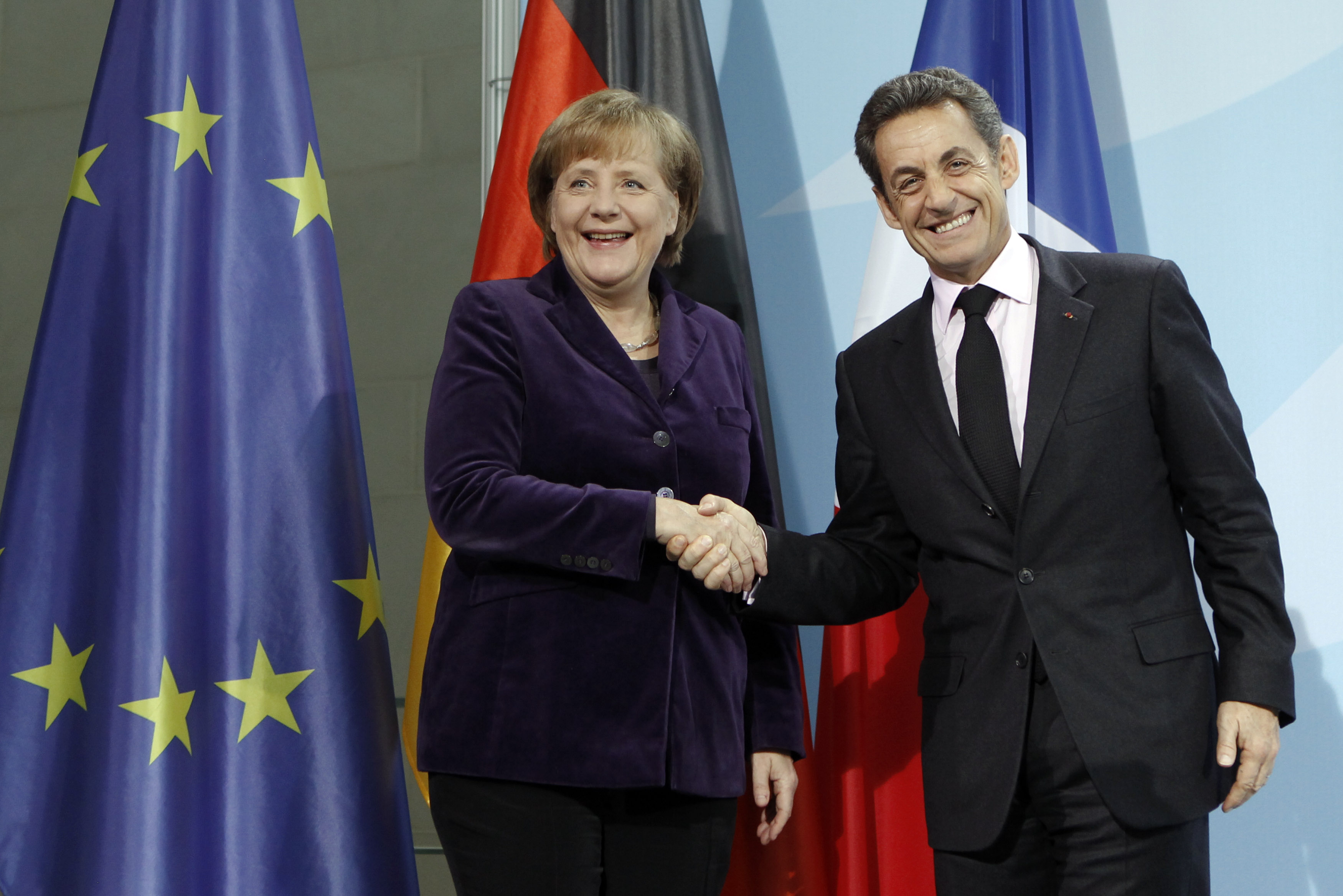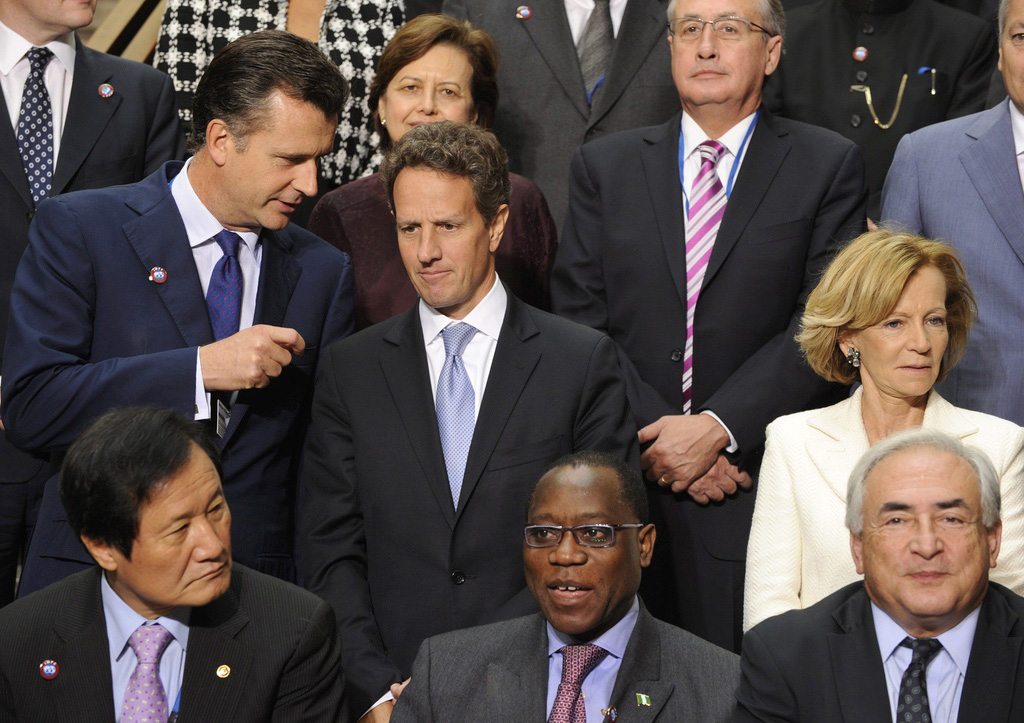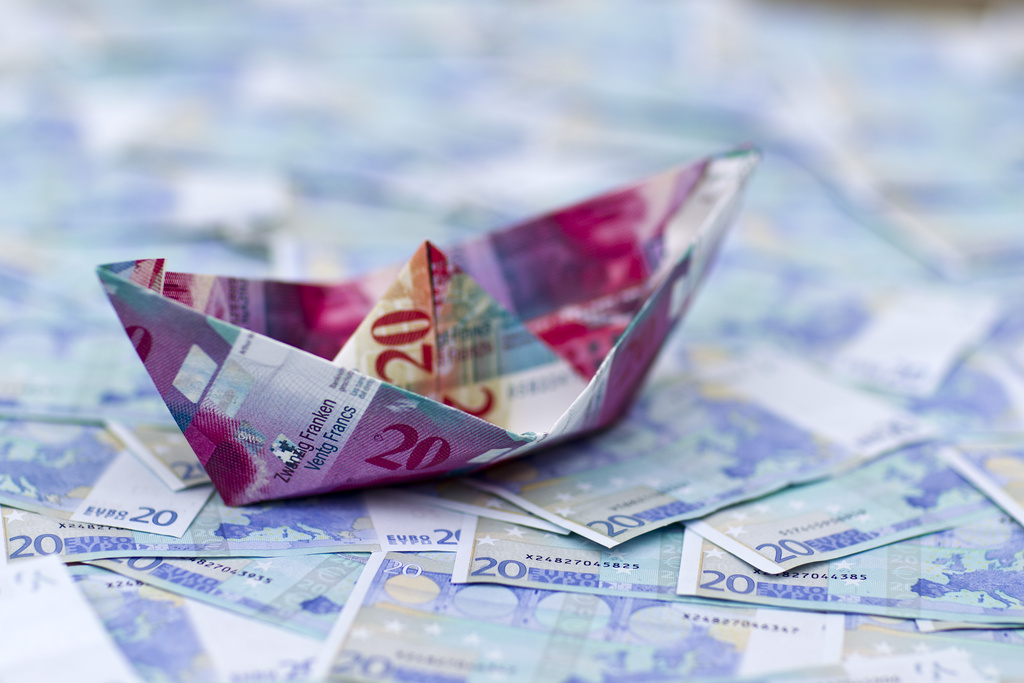Swiss to be big winners from future Tobin tax

As debate over a financial transaction tax, a so-called Tobin tax, swirls around Europe, Swiss experts agree that to work it must be adopted globally.
If the European Commission proposal to tax stock, bond and derivatives trades is introduced, Switzerland would also benefit hugely, they add. The levy may raise billions of dollars in badly needed revenue. But the concept has drawn fierce criticism.
Forty years ago American Nobel laureate James Tobin proposed a tax on currency transactions to discourage speculation. His idea was largely ignored until recently.
In the run-up to presidential elections this year in France and German elections in 2013, and amid widespread mistrust of banks after the financial crisis, the debate over a new tax on financial transactions has gathered momentum.
But introducing a tax on trading faces numerous hurdles. Britain in particular has pledged to block any such tax across the European Union.
In Switzerland the Berne Declaration non-governmental organisation supports the Tobin tax as a “tool for obtaining funds for development”, Olivier Longchamp told swissinfo.ch.
But the implementation would not be easy, he noted.
“It’s obvious that the Swiss financial sector would try to remain independent, while trying to make sure the tax is applied in other countries to benefit and receive any capital flowing out of other financial centres,” he said.
Longchamp said he was also sceptical about the French possibly proposing its own Tobin tax next month: “To prevent speculators from avoiding paying, this tax must be international.”
Huge effect
Jean-Louis Arcand, professor of international economics at the Geneva-based Graduate Institute, said taxing short-term transactions could have a “huge effect” as they represent a significant proportion of market operations.
“As long as it is implemented everywhere,” he added.
But as markets always seem to find ways of getting around regulations when they want to, Arcand doubts the effects will be those originally intended.
“Can we imagine a Tobin tax having the expected effect? My feeling here is that the answer is a clear ‘no’. The tax will simply kill markets that implement it and marginally help markets that do not,” he told swissinfo.ch.
Initiatives rejected
The Swiss authorities are continuing to monitor developments closely. In 2011 parliament rejected two initiatives by left-of-centre Social Democrat lawmakers calling for the introduction of a Tobin tax.
“Our position is the same,” Mario Tuor, spokesman at the state secretariat for international financial matters, told swissinfo.ch.
“This tax would only work if it is applied worldwide. To implement it in only a handful of European countries would cause funds to be directed towards financial centres where it is not applied.”
The European Commission has also admitted that other regulations that act directly on sources of risk would be more efficient than the Tobin tax, added Tuor.
The Swiss Bankers Association (SBA) also opposes the tax.
“Financial transaction taxes are ineffective and counterproductive as they place big markets that risk lacking liquidity in a position which could eventually lead to major exchange fluctuations,” said Rebeca García, the SBA’s head of communication for Europe.
International compliance must be a prerequisite to prevent capital flight to other destinations, she added.
The transaction tax may hit those generating volatility, said García, but it would also affect many firms that carry out non-speculative international trading operations.
Big winner
If France goes ahead unilaterally with the introduction of the tax, Switzerland could be one of the biggest winners.
“It would be a disaster for the CAC 40 Index [on the Paris stock exchange] and the French financial markets in general,” said Arcand. “Our financial markets in Switzerland will benefit greatly if any significant EU market implements such as policy.”
“And given the current French political situation, I would not be surprised to see this happen, and then all power would go to Zurich.”
The European Commission, which last year formally adopted plans for a transaction tax from January 2014, said an EU-wide tax on financial transactions could raise €57 billion a year. Under the plan, stock and bond trades would be taxed at the rate of 0.1 per cent, with derivatives at 0.01 per cent.
The British non-governmental organisation Oxfam calculates that a global financial tax could generate up to $300 billion annually.
James Tobin was a Nobel prize winning American economist. In 1972 he proposed a tax on currency market transactions. His concern was rapid international financial flows, putting constraints on the ability of governments and central banks to pursue the right policies for their national economies.
European finance ministers should map out plans on a financial transaction tax by March, German Chancellor Angela Merkel said on Monday, after Britain pledged to block any such tax across the European Union.
Germany and France have revived a concept similar to that of Tobin. His idea was largely ignored until recently.
France could table a financial transaction tax for parliamentary approval as soon as February, even without the backing of its European partners. Paris Europlace, a lobby for the French financial sector, has warned the French economy would suffer if only France put in place such a tax, and not the rest of Europe.
In Germany Merkel back the Tobin tax but there is no national consensus. Italy supports the idea if it is applied EU-wide. Other supporters include: Spain, Argentina, Brazil and South Africa, the United Nations, and 350 international economists including Joseph Stiglitz, Paul Krugman and Jeffrey Sachs.
Critics, especially banks, warn that such a tax simply scares off traders. Sweden, one of the most outspoken opponents of the idea, saw trading migrate from Stockholm to London when it introduced its own levy in the mid-1980s.
(Translated from Spanish by Simon Bradley)

In compliance with the JTI standards
More: SWI swissinfo.ch certified by the Journalism Trust Initiative





You can find an overview of ongoing debates with our journalists here. Please join us!
If you want to start a conversation about a topic raised in this article or want to report factual errors, email us at english@swissinfo.ch.